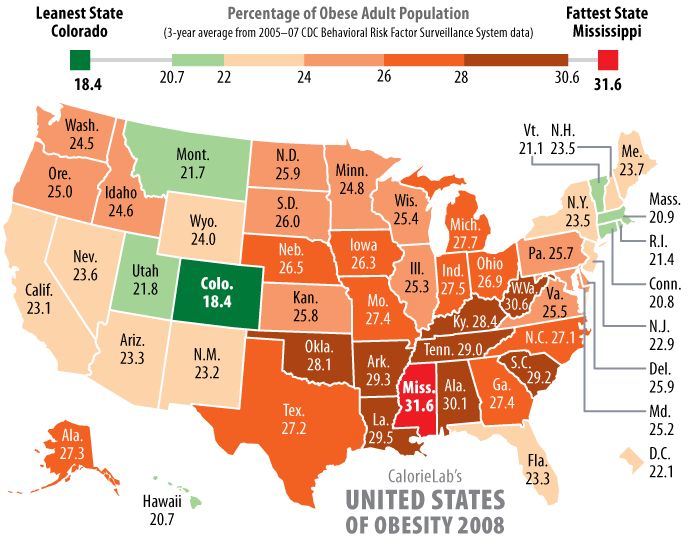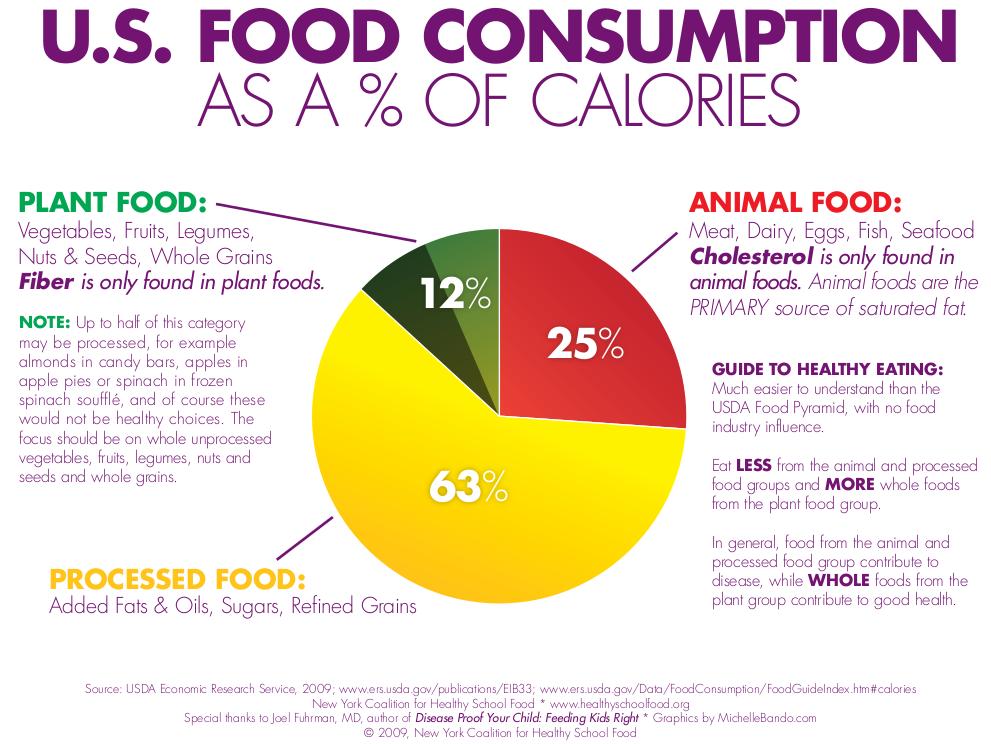The notion of gluttony, and what it implies, is still very relevant in a food-saturated world where people are searching for health and a higher purpose.
What is gluttony?
Gluttony is the excessive consumption that deprives another being of a life-giving necessity. Gluttons devour more, leaving others with less. It’s immoderation.
Beyond consumption, gluttony describes worship of food and deriving excessive pleasure from it.

Gluttony also extends into material goods and other physical pleasures. “-aholic” is the suffix attached to the glutton’s “meal” of choice.
Those with excess body fat often carry the burden of gluttony, but weight doesn’t necessarily indicate gluttonous patterns. “Healthy” eaters can be immoderate too. Just as someone can be angry about the right thing but express it in the wrong way, someone can eat healthy food in a way that is gluttonous.
The more natural and necessary the activity (e.g., eating and sex), the more pleasurable it is. If we didn’t get pleasure from eating and procreating, we’d have a population of 100 and suffer from rickets.
Gluttony creeps in when our desires spiral out of control and get excessive with food. This is challenging in modern society, since our appetite is subject to external authoritative psychological influences. For more, see All About Appetite Part 1 and Part 2.
Grasping gluttony
Thinkers, philosophers, and social regulators have struggled for centuries with how to define and understand gluttony.
- Is it a normal, acceptable part of human nature?
- Should we view gluttony as a natural response to abundance or as a moral or personal failure of self-control?
- Is it harmful to individuals or society?
Late Roman and medieval European thinkers in particular were quite preoccupied with this question, as attempts to impose new, more austere religious regimes on rural societies conflicted with traditional, often highly indulgent, “pagan” celebrations held by people whose “nasty, brutish, and short” daily lives were organized by the feast-famine cycles of harvest.
However, other world religions and spiritual traditions have also offered their thoughts on what gluttony means. (More on this below.)
Generally, gluttony can include:
- Not savoring a reasonable amount of food
- Eating outside of a prescribed time (mindless eating)
- Anticipating eating with preoccupied longing
- Consuming costly foods (eating lavishly simply for the purpose of conspicuous consumption)
- Not being content with “common” foods; always seeking delicacies (or, perhaps, Supersizing)
- Paying too much attention to food (which includes paying too much attention to how we look – which, they argue, can become idolatry)
In the Bible, the word “glutton” is used to portray someone who eats because they want food rather than need it. Christian religious thinker Thomas Aquinas, writing in the 1200s, equated gluttons to children, since they are governed by pleasure from appetite and their behavior is ruled by it.
Interestingly, many of these insights sound very familiar to those of us trying to teach and practice “mindful eating” and the PN-style way of living.
Such insights also raise questions about our own consumption habits.
- Does “gluttony” involve simply how much we eat?
- Or should it apply more broadly to our overall consumption patterns?
For instance, what about:
| The massive fast food burger? | The expensive coconut ice cream? | The apple shipped from New Zealand? |
 |
 |
 |
Gluttony as a sin
The concept of “sin” is a contentious one. In 2010, we think of the world differently than, say, medieval Europeans.
The Christian concept of seven “deadly sins” originated from early Christian monk Evagrius’ original list of eight evil thoughts (later modified by Saint John Cassian and Pope Gregory to what we’re familiar with). Gluttony is considered a deadly sin.
(For reference, the other deadly sins include are pride (vanity), greed (covetousness), lust, envy, anger, and sloth.)
In the original context, a sin was only deadly if it opposed one’s love of God (their higher power).
For example, if someone merely ate more than necessary, they have committed an “excusable” sin. It’s only “deadly” when they’re so taken by the pleasure of eating that it turns them away from spiritual instructions.
In the modern context, we might say that when something governs our life, it can become a destructive habit that undermines our goodness of character, getting worn in over time. And really, at its core, gluttony is about separating ourselves from others (family, friends, culture, etc.).
For instance, writers such as Geneen Roth and Allen Zadoff describe isolating themselves socially — locking themselves into their homes alone — so that they can over-consume food. Nowadays, we might call this “binge eating disorder”. But the outcome — self-harm and social/spiritual isolation — is the same.
Gluttony and spiritual traditions
Given the philosophical importance of the concept of gluttony, it’s no surprise, then, that world spiritual traditions have often tackled the question of gluttony. Here’s a sampler.
Buddhism
One of the Buddhist precepts is: “To abstain from taking food at inappropriate times.” They also encourage avoiding sensory excess. Some Buddhists say that if gluttony cannot be conquered, any ambitious spiritual pursuit is doomed to fail. Gluttony is referred to as one of the vices.
General Christianity
Jesus taught humans that they cannot live by bread alone.
Gluttony (related to food) is rarely mentioned in the Christian Bible. You’ll see more about enjoying food rather than warning against excess. (After observing the donut spread at a Methodist church last Sunday, this doesn’t surprise me.)
Still, the New Testament encourages one to be sensible with intake and observe the body as a temple. The concept of willpower actually came from Christian teachings about temptation. Deuteronomy 21:20 ordains that “a glutton and a drunkard” is to be stoned to death by the elders in his city. Yikes.
Hinduism
Hinduism considers greed a root of other evils and discusses the importance of avoiding excess in all areas.
Islam
Those of Islam faith practice regular fasting and discourage overeating. They claim that gluttony feeds on itself, with the appetite growing when indulged. When appetite is restrained, it becomes frail.
Judaism
Eating is a sacred act and the idea of keeping kosher relates to self-control. Still, on the holiday of Purim, overconsumption is encouraged.
Why is gluttony important?
If someone is preoccupied with food, they tend to neglect relationships with others. This includes relationships with significant others, society and the more intangible dimensions of life. Gluttony resembles any form of disordered eating, since they all reflect disordered relationships.
Faith vs food
Around the world, people devote their entire lives to a spiritual doctrine. Many say that there is nothing more powerful than spiritual pursuits.
As we’ve seen, major world faiths generally suggest that their adherents avoid immoderation. Yet based on current food/drink consumption trends in developed nations, it appears that most people don’t believe eating too much food is a crime against anyone or anything.
Indeed, this is a paradox: Nearly all religions have sanctions against gluttony. Still, data indicate that those who claim to observe organized religion are more likely to be overweight than other Americans.
- 78% of U.S. adults claim to be Christian
- 67% of U.S. adults are overweight or obese
- 1 out of 2 adults in industrialized countries die of either cancer of heart disease (diseases generally due to excess)
(Note: 16% of U.S. adults say they are unaffiliated to any organized religion; 5% of U.S. adults claim to follow other religions)


In religion, we’re often reminded about wrongdoing — lying, stealing, cheating, murder, abortion, and so forth. Gluttony is forgotten.
Or is it?
For every one book about adultery, stealing, or abortion – we have nearly 10 covering diet/overeating. We also have many books about dealing with the consequences of social and spiritual isolation.
Cultural language has replaced moral language in our society. We hear about diets, nutrition and eating disorders – but little about gluttony and sins. Our way of offsetting gluttony is with dieting, Weight Watchers and gyms… until the next plunge into immoderation and excess.
Excessive tendencies
Gluttony is about excess. And beyond weight, we tend to get excessive in North America with many areas related to food.
- In the U.S., we waste about 20-25% of all food purchased for the home. This equates to about 474.5 pounds per year.
- Added sweeteners comprise nearly 20% of the U.S. diet.
- Americans eat over 220 pounds of meat per person, per year.
- The U.S. diet is primarily processed and animal foods.
- The average American consumes 12.28 lb of chocolate per year.
- Nearly 70% of those above the age of 18 years in most industrialized countries drink alcohol. Chronic liver disease and cirrhosis is the 12th leading cause of death in the U.S.
- A study of 19-30 year olds revealed that 45% of men and 27% of women reported heavy drinking in the past two weeks.
- Today, 18,000 kids will die because they are malnourished. That’s 6 times the number killed on September 11th.
Many wealthier nations not only fail to solve these problems, they fail to even look for them. Does gluttony feed into this ignorance?
Summary
It may seem strange to use an “old” concept in a modern world. Yet the notion of gluttony, and what it implies, is still very relevant in a food-saturated world where people are searching for health and a higher purpose.
Regardless of your spiritual leanings, gluttony can thus be defined as some kind of excessive consumption that:
- harms us physically and psychologically;
- isolates us from ourselves and others;
- shifts our focus to unhealthy domains and preoccupations; and
- wastes resources.
–Frederick Buechner
Before part 2, here are a few questions to establish where you stand with gluttonous tendencies:
- Do you consume food/drink (or other things) past the point of fullness/satiation/satisfaction?
- Do you focus excessively on this consumption?
- Is your consumption harming your body?
- Is it harming your relationships?
- Is the well-being of others compromised by your food/drink cravings?
- Are your food/drink habits dedicated to serving your own immediate gratification rather than serving your life mission and deeper values?
References
Click here to view the information sources referenced in this article.
Eat, move, and live… better.©
Yep, we know… the health and fitness world can sometimes be a confusing place. But it doesn’t have to be.
Let us help you make sense of it all with this free special report.
In it you’ll learn the best eating, exercise, and lifestyle strategies — unique and personal — for you.





Share